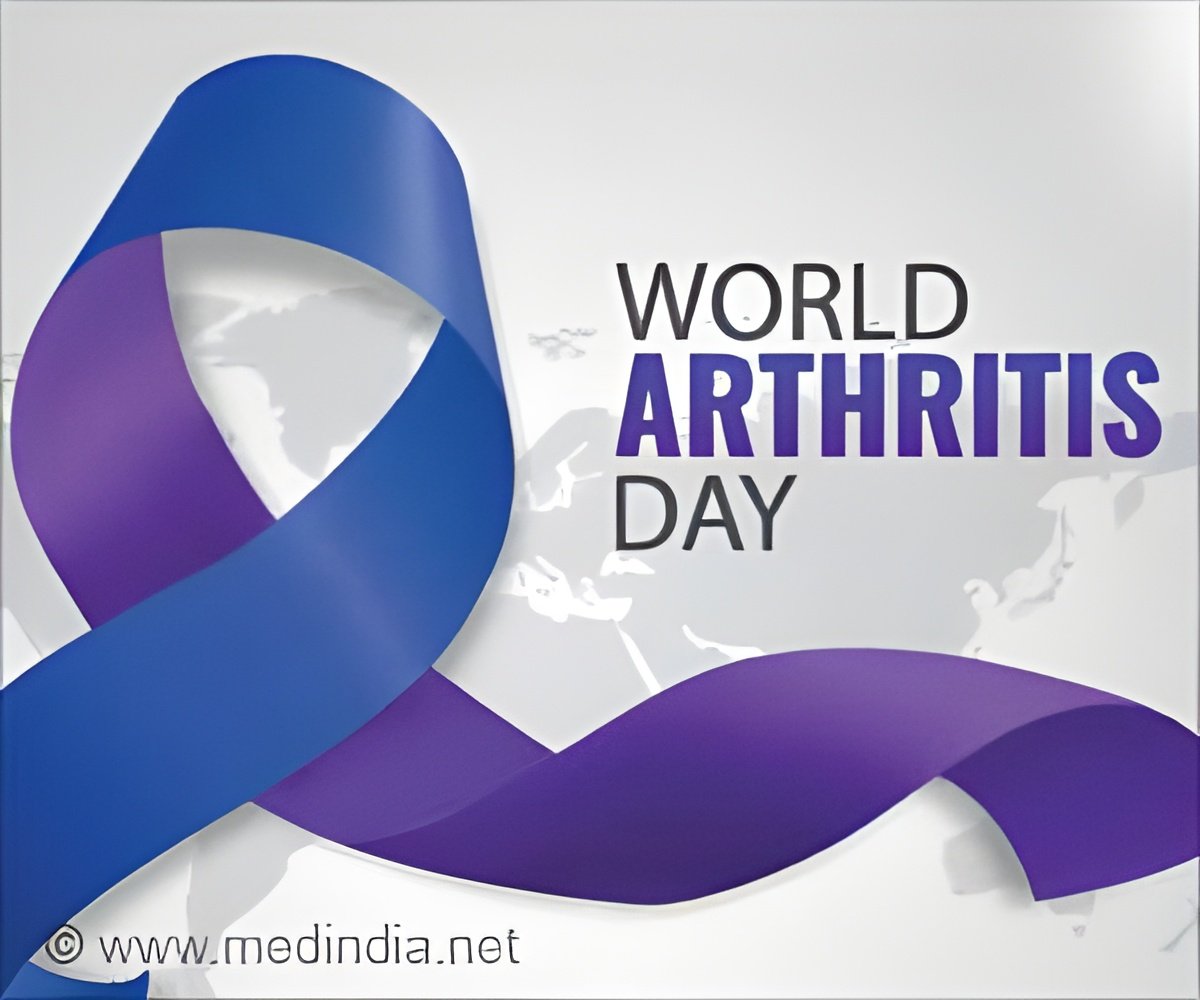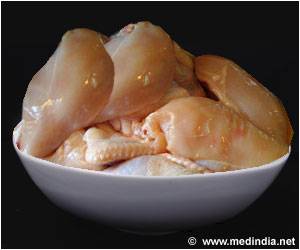The discovery was made after researchers decided to look at the influence of 40 common medications on the efficacy of immunotherapy. The findings are reported in the journal
.
These included over-the-counter drugs such as antacids and anti-inflammatories and prescription drugs such as antibiotics and steroids.
Researchers reviewed the patients’ electronic health records and found that taking H1-antihistamines by patients receiving immunotherapy was significantly associated with improved overall survival.
Second-generation H1-antihistamines include cetirizine (Zyrtec), loratadine (Claritin), and, more recently, fexofenadine (Allegra).
These drugs block metabolites called histamines released by immune cells, are widely used in cancer patients not only to relieve allergy symptoms but to prevent nausea and vomiting.
Meanwhile, researchers noticed that some patients with high infiltration of cytotoxic T cells respond well to immunotherapy but had very poor survival.
To get an insight into what made these tumors different, they performed global gene expression analysis on patient samples.
“We found that histamine receptor 1 (HRH1) was identified as one of the top hits that show strong association with poor clinical outcome in hot tumors,” says co-first author Yi Xiao, an instructor of the Department of Molecular and Cellular Oncology and a member of Yu’s lab at MD Anderson.
Since H1-antihistamines specifically block histamine binding to HRH1, they connected the above findings back to the lab in mice.
Their experiments revealed that cancer-secreted and allergic reaction-released histamines, as well as HRH1 high expression in macrophages, suppressed cytotoxic T cell activation and conferred resistance to immunotherapy, whereas antihistamines partially rescued all the phenotypes.
Corroborating their findings in mice, high histamine levels in patients were significantly correlated with worse responses to anti-PD-1 immunotherapy compared to patients with low levels of plasma histamine levels.
One limitation of the research is that it focused solely on the function of macrophage-expressed HRH1 but not HRH1 in other immune and non-immune cell types.
Researchers are planning to explore the broader impact on the phenotype and activity of macrophages in the future.
Source: Medindia



